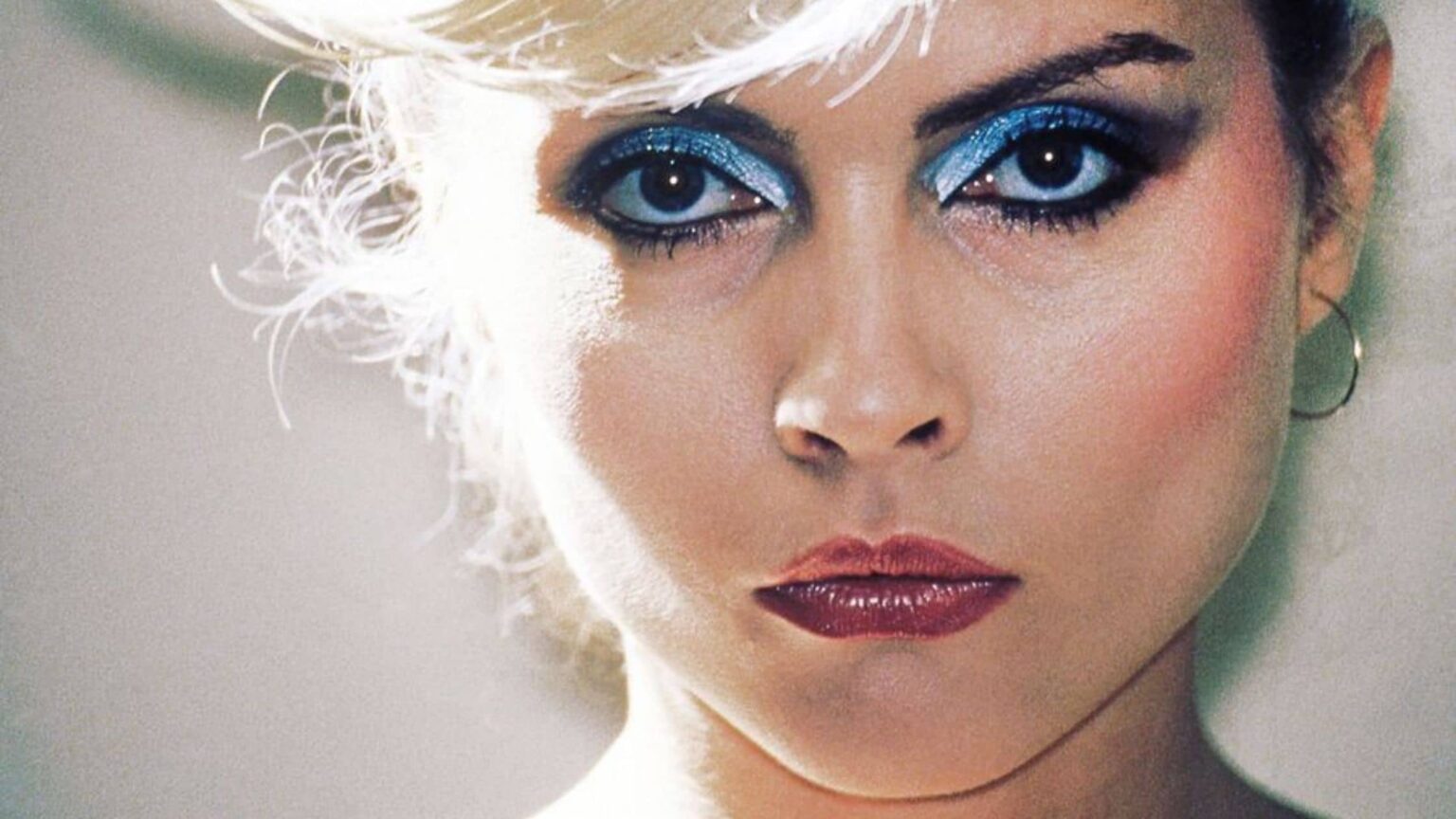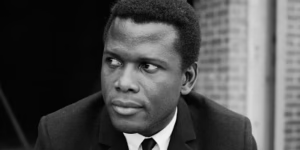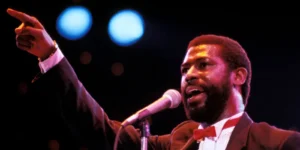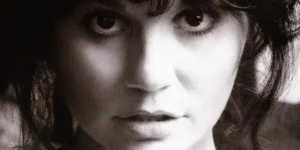The Rise of Punk Rock
In the early 1970s, the music scene was dominated by glam rock, prog rock, and disco. However, a new movement was emerging in the UK, led by bands like The Sex Pistols, The Damned, and The Clash. Punk rock was born, characterized by its raw energy, rebellious attitude, and DIY ethos. The movement was fueled by frustration with the mainstream music industry and a desire to create something new and authentic.
The Clash: A Fusion of Punk and Reggae
The Clash, formed in 1976, was one of the most influential punk bands of the era. Their music combined the raw energy of punk with the rhythms and melodies of reggae. Their debut album, “The Clash,” released in 1977, was a critical and commercial success, and is often cited as one of the greatest albums of all time.
The Clash’s music was marked by its eclecticism, incorporating elements of rock, reggae, and dub. Their lyrics tackled social and political issues, such as unemployment, racism, and war. The band’s lead singer, Joe Strummer, was a key figure in the punk movement, known for his powerful vocals and poetic lyrics.
The Damned: A Fusion of Punk and Psychedelia
The Damned, formed in 1976, was another influential punk band of the era. Their music combined the raw energy of punk with the psychedelic sounds of the 1960s. Their debut album, “Damned Damned Damned,” released in 1977, was a critical and commercial success, and is often cited as one of the greatest punk albums of all time.
The Damned’s music was marked by its experimentation, incorporating elements of psychedelia, garage rock, and gothic rock. Their lyrics tackled themes of alienation, rebellion, and social commentary. The band’s lead singer, Dave Vanian, was known for his distinctive vocals and poetic lyrics.
Blondie: A Fusion of Punk and Pop
Blondie, formed in 1974, was a punk band that blended the raw energy of punk with the catchy melodies and harmonies of pop music. Their debut album, “Blondie,” released in 1976, was a critical and commercial success, and is often cited as one of the greatest punk albums of all time.
Blondie’s music was marked by its eclecticism, incorporating elements of punk, pop, and new wave. Their lyrics tackled themes of love, relationships, and social commentary. The band’s lead singer, Debbie Harry, was known for her distinctive vocals and charismatic stage presence.
The Emergence of New Wave
As punk rock continued to evolve, a new genre emerged: new wave. New wave was characterized by its blend of punk’s energy and attitude with the catchy melodies and harmonies of pop music. New wave bands like Blondie, The Cars, and Talking Heads became popular, and the genre gained mainstream acceptance.
New wave was marked by its eclecticism, incorporating elements of punk, pop, and art rock. The genre’s sound was characterized by its use of synthesizers, keyboards, and other electronic instruments. New wave’s lyrics tackled themes of love, relationships, and social commentary, often with a more introspective and personal tone than punk rock.
The Impact of New Wave
The emergence of new wave had a significant impact on the music industry. New wave bands like Blondie, The Cars, and Talking Heads achieved mainstream success, and the genre became a major force in the music industry. New wave’s influence can be seen in the music of later genres, such as alternative rock and indie rock.
New wave also had an impact on fashion and culture. The genre’s fashion sense, characterized by its use of skinny ties, leather jackets, and ripped jeans, became a major influence on youth culture. New wave’s influence can also be seen in the music videos of the era, which often featured bold, colorful, and experimental visuals.
Conclusion
The birth of new wave was a significant moment in the history of punk rock. The genre’s fusion of punk’s energy and attitude with the catchy melodies and harmonies of pop music created a new and innovative sound. New wave’s influence can be seen in the music of later genres, such as alternative rock and indie rock, and its impact on fashion and culture continues to be felt today.
FAQs
Q: What is new wave?
A: New wave is a genre of music that emerged in the late 1970s and early 1980s, characterized by its blend of punk’s energy and attitude with the catchy melodies and harmonies of pop music.
Q: What are some notable new wave bands?
A: Some notable new wave bands include Blondie, The Cars, Talking Heads, Devo, and The Police.
Q: What is the difference between punk and new wave?
A: Punk rock is characterized by its raw energy, rebellious attitude, and DIY ethos, while new wave is characterized by its blend of punk’s energy and attitude with the catchy melodies and harmonies of pop music.
Q: What is the impact of new wave on the music industry?
A: New wave had a significant impact on the music industry, achieving mainstream success and influencing the development of later genres, such as alternative rock and indie rock.






